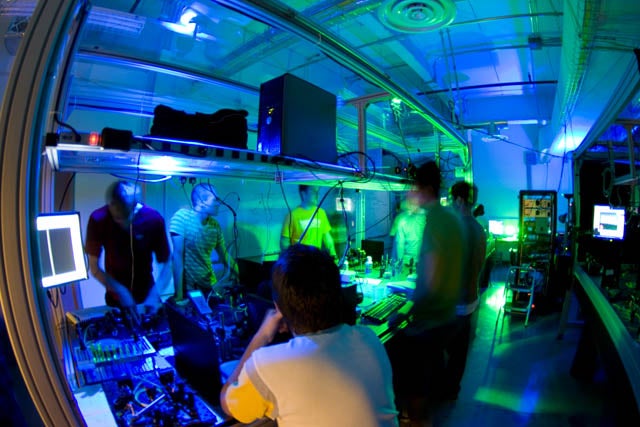An experimental test of a new uncertainty principle yielded important and useful results, as Institute for Quantum Computing (IQC) optics researchers explain in the latest issue of Nature Physics.

The research was sparked by the publication last fall of a different Nature Physics paper, which proposed a modified uncertainty principle (a variation of the famous Heisenberg Uncertainty Principle).
The new uncertainty principle shows that uncertainty can be dramatically reduced when entanglement is involved, and the amount by which is it reduced is quantified by the amount of entanglement.
The researchers tested the new uncertainty principle and verified the theoretical predictions. What’s more, they showed that the new relation described by the uncertainty principle can be used as an effective “witness” of entanglement.
“In physics it is always important to test theoretical predictions, especially ones that are as fundamentally important as this one as it might have widespread implications in the future,” said IQC postdoctoral fellow and lead investigator Robert Prevedel.
“Other than strictly testing and investigating the new relation for a number of different experimental settings, we also showed that this new relation can be used as an effective entanglement witness.”
The paper, titled “Experimental investigation of the uncertainty principle in the presence of quantum memory and its application to witnessing entanglement,” was co-authored by IQC researchers Deny Hamel and Kent Fisher, along with Roger Colbeck of the Perimeter Institute for Theoretical Physics. The research was conducted in the Quantum Optics and Quantum Information laboratory of IQC faculty member Kevin Resch.
“We expect that this will have applications in quantum information science,” said Prevedel. “It offers a practical way to quantitatively assess the quality of quantum technologies, such as, for example, the performance of quantum memories or quantum computers.”
Read the entire paper at Nature Physics online.